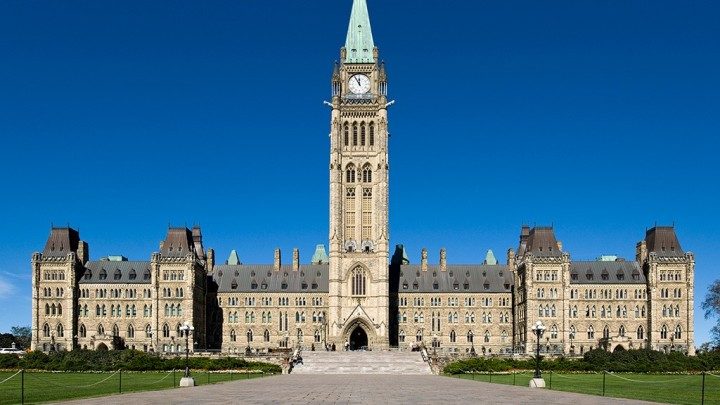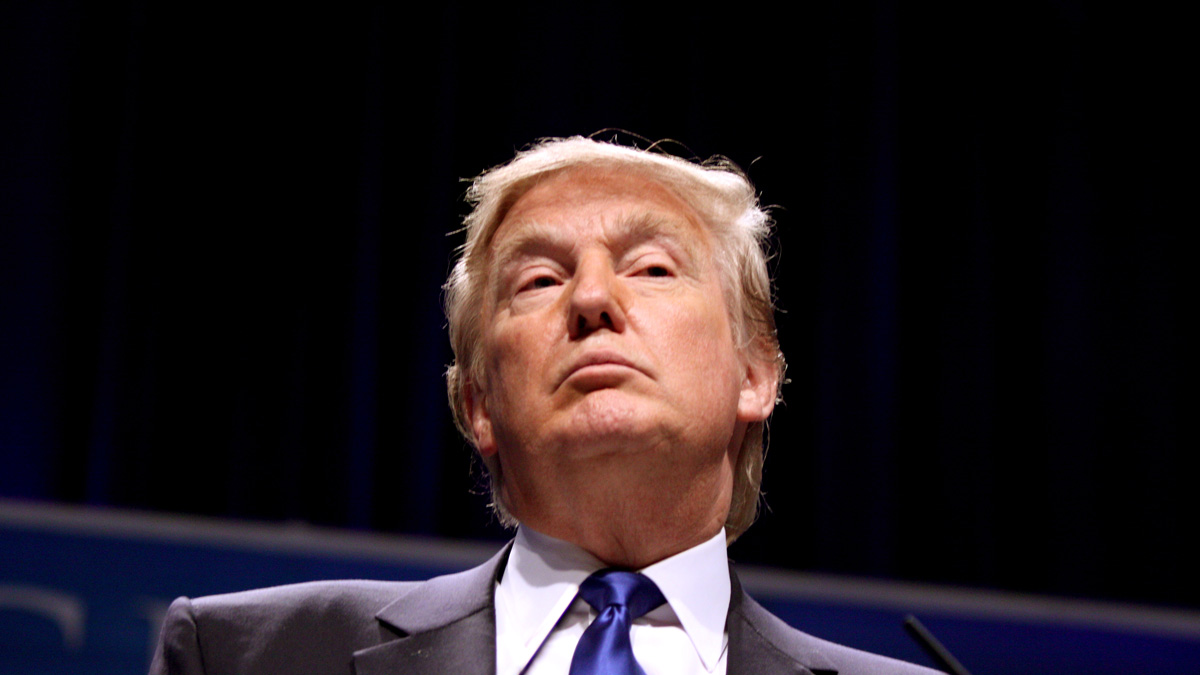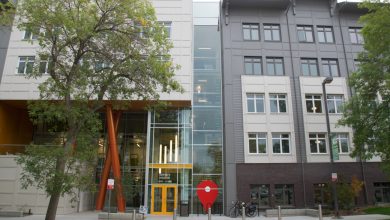The pandemic has tested Canadian’s trust in government
Trust in government is dwindling in Canada and it's not hard to see why.
 Supplied
SuppliedA lot has been thrown at Canada over the last two years. Amid a global pandemic, economic turbulence, and a mass outcry for equality and stability, it is easy to see how our government was not always prepared with the right answers or solutions. This has had huge consequences in terms of the trust we hold in the government.
The Edelman Trust Barometer 2021 report highlighted that societal leaders, whether business, governmental, or religious leaders, are not trusted to do what is right. 46 per cent of Canadians believe that the government is “purposely misleading them” which can be a big contributor to the rise in conspiracy theories centred around the government and general distrust of expert findings and new regulation. This has been especially impactful during the pandemic and the slew of new restrictions and wavering information associated with the virus. Losing trust in our leaders and experts, especially in government, can have dangerous effects and can take a lot of time to rebuild.
Good governance and trust have a circular flow to them. Trust in government and good representation lead to good government, and good government leads to more trust. One bolsters the other. The disconnect that people are feeling from the government, and vice versa, has blocked this flow, and won’t go away without serious change.
Whether concerning the Black Lives Matter (BLM) or Indigenous movements, climate change advocates, anti-vaxxers, or good old conspiracists, people want change, and a well-functioning government listens to those demands. Although, as we have seen over the past two years, global health and safety have trumped all else, adding new complexity to this process.
Another insight pointed out in the Edelman report was that 65 per cent of Canadians believed that CEOs should step in when the government does not fix societal problems and 84 per cent believe they should speak up publicly on these issues. The rarity of such events could contribute to people’s lack of trust in corporations and those who lead them.
Peri Blind, an expert associate at the United Nations Department of Economic and Social Affairs (UNDESA), defines three types of trust needed from citizens for good governance: moral trust, economic trust, and political trust. When the government is not acting in the ways we want, or addressing our concerns, we lose this trust and we see dips in statistics like those in the Edelman report. By breaking down what it means to trust, we can get a better idea of why these last few years have sparked so much conflict.
Moral trust centres around the consistency leaders must have between their words and actions. A consistent leader shows that they have a genuine concern for the people and that their words can be trusted.
A recent example of how moral trust has been twisted was when Premier Jason Kenney, the premier with the lowest approval rating across the country, and two of his cabinet members were spotted breaking COVID-19 health guidelines in early June. This called into question Kenney’s transparency and devalued the regulations his own team had set into place.
Economic trust is built by representing the interests of constituents , as well as creating economic policies and institutions that support their interests. Due to how uncertain an economy is, it can be difficult to regulate but as Blind notes, “economic stress and poor governance almost [always] go together.” With the intense amounts of economic stress brought on by COVID-19, there was already a good chance that the quality of government action would go down.
In terms of economic activity during Canada’s recovery process, Alberta has been lagging behind the rest of the country. Policy choices have had a direct impact on this. It was observed that the cut in pay for education workers represented 10 per cent of the difference between the rest of Canada and Alberta.
This only further solidified the economic hit being felt across Alberta. Those flops in policy and inability to support workers, for example, health care and the declining oil industry, put a strain on economic trust as these are the institutions we look to in times of crisis.
The trust we have in the political world relies heavily on political legitimacy — how much we value and respect the government. Corruption in government or even perceived corruption can quickly damage political trust. In this sense, the media and rumour mill have a lot of power.
Bill C-10 is a good example of how misinformation or a lack of transparency can spiral and rock the foundational trust a political party has. What started as long overdue updates to the Canadian Broadcasting Act became dramatized and filibustered by Erin O’Toole’s Conservative party, the media, and your friendly neighbourhood conspiracists into a big fat censorship bar that is threatening your family photos and freedom of speech. Once we have been sucked into this black hole of mistrust there is little to be done to get back out and because of that, Bill C-10 was at risk of going back to the drawing board to be dragged out another few terms.
The pandemic has truly tested Canadian’s trust in government in every way possible and statistically, we see the results of that. Moving forward, a lot of work will have to be done to repair that, both to meet the demands of the people and to rebuild their trust. If you find yourself distrustful of the government these days, you’re not alone; however, by arming ourselves with quality, science-backed information we can fight against the inaction of government and conspiracy theorists alike.




